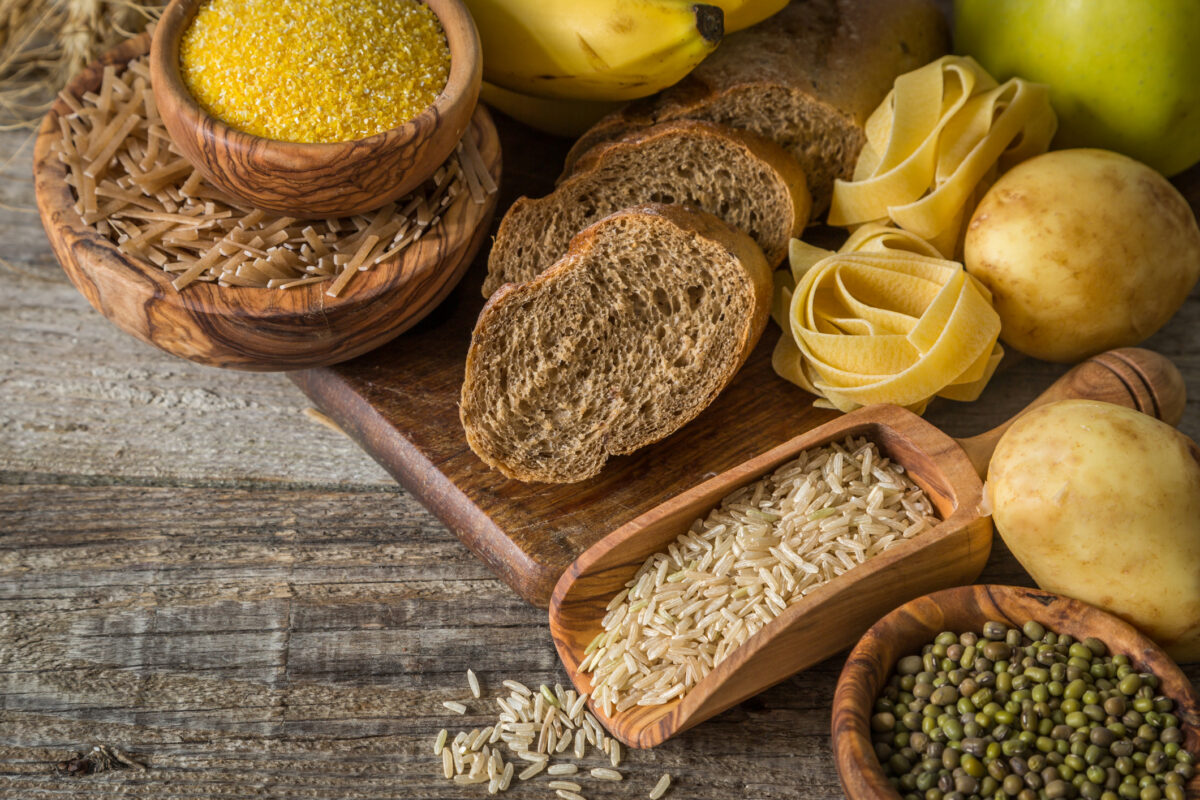Genetic preference for taste influences food choices and overall health, says new research from Tufts University

Researchers from Tufts University have released findings which suggest a person’s preference for certain flavours could be genetic, and that this in turn could impact their cardiometabolic health.
Cardiometabolic health is a branch of study which concerns itself with how maladies like stroke, heart disease and diabetes impact the body’s metabolism. The Tufts University study aimed to discover why some find it hard to eat healthily, why people eat what tastes good to them, but not necessarily what is good for their health.
Doctoral candidate and lead author of the study, Julie E Gervis told Medical News Today (MNT): “We wondered whether considering taste perception could help make personalised nutrition guidance more effective, by leveraging drivers of food choices and helping people learn how to minimise their influence.
“And since taste perception has a strong genetic component, we wanted to understand how taste-related genes were involved.”
By using previously gathered data from genome studies, researchers found genetic variants linked to the five main tastes: sweet, sour, bitter, salty and umami, which humans detect through the taste receptors which sit on top of the 2,000 to 4,000 taste buds on our tongues.
Once these genetic variants were identified, the scientists created a ‘polygenic taste score’, which could show the level of someone’s genetic preference for certain tastes. A high number on the score would indicate a person has more of a genetic tendency to recognise a taste.
From developing this taste score system, the scientists then analysed data from more than 6,000 adults taking part in the Framingham Heart Study – which looks at the key factors increasing the risk of developing cardiovascular disease.
The team examined these participants’ diets, their cardiometabolic risk factors (their blood pressure, weight, and cholesterol, triglyceride and glucose levels, for example), and arrived at their polygenic taste scores. What they discovered was a connection between the types of food these people chose to eat and their score.
Those who showed a higher score for umami tended to eat fewer vegetables, with red and orange ones being consumed the least, the study says.
People who showed a higher taste score for bitterness tended to eat two fewer servings of whole grains a week, in comparison to people with a lower taste score for bitterness.
The research also revealed that those with a high sweet score showed lower triglyceride (a type of blood fat our body stores for energy) levels than people showing a lower sweet score.
Scientists from the Cardiovascular Nutrition Lab at the Jean Mayer USDA Human Nutrition Research Center on Aging at the university presented their findings during the Nutrition 2022 meeting of the American Society for Nutrition.
It is hoped that this new research could help develop better nutritional advice for patients living with diet-related health conditions like heart disease and diabetes so they can have a better control of their cardiometabolic health and diets, says Gervis.
“For example, if individuals who are genetically predisposed to have high bitter perception eat less whole grains, it might be recommended that they add certain spreads or spices, or choose other types of foods that better align with their taste perception profile.”
Dr Lee M Kaplan, Director of The Obesity, Metabolism & Nutrition Institute in Boston also told MNT that the next step in this research is to see if their findings are similar in future studies.
If they are similar, Kaplan says the team will then look into how “the apparent biological differences in food preferences that lead to dietary changes and increased cardiovascular risk are able to be overcome by nutritional counselling that aims to counteract these effects.”








